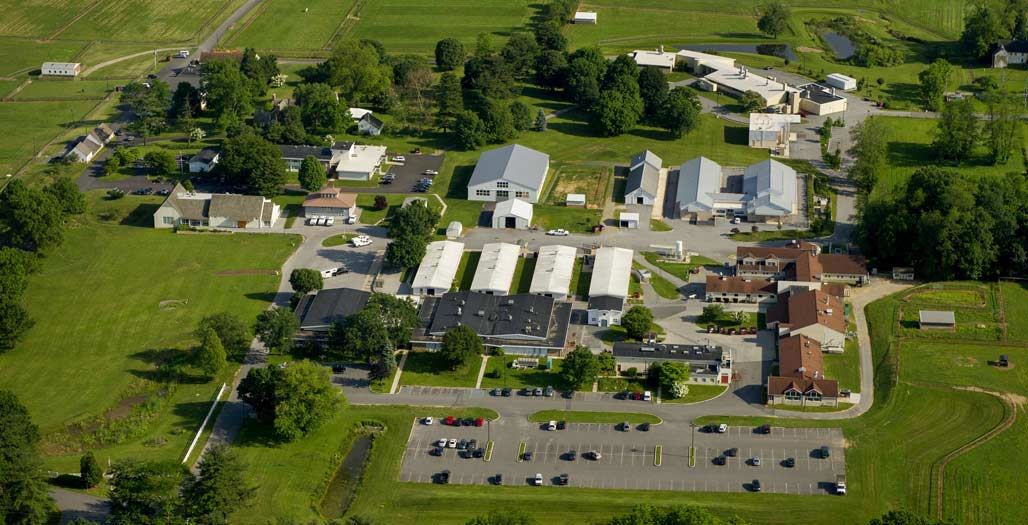
Global events often reverberate into unexpected arenas. After the October 7, 2023 Hamas attack on Israel, a deep vein of hatred burst open. From Europe to Africa to the Unites States, antisemitism and racism and xenophobia bloomed like fungus on rotting wood. As protests and counter-protests erupted on college campuses and in the world’s capitals, the global horror became personal and another war broke out on college campuses, where demonstrations supporting Palestinians, and others supporting Israel, unnerved students.
In Washington, D.C. college presidents sat before indignant members of Congress trying to explain the inexplicable. In the aftermath of the House Education and Workforce Committee hearing in December, at which the presidents of M.I.T., Harvard and the University of Pennsylvania repeatedly and—it turns out—virally fumbled questions about genocide, Claudine Gay, of Harvard and Elizabeth Magill of Penn resigned. Sally Kornbluth is still president of M.I.T.
After the contentious hearings in Washington, Pennsylvania’s House, led by Republican Representative Bryan Cutler (R, 100), refused to approve $32 million in funding for Penn Vet’s New Bolton Center. The December 23 vote saw all Democrats in the House support the funding, while most Republicans opposed it. The State Constitution required a two-thirds majority for the measure to pass.
In a letter to the University of Pennsylvania, Cutler said the school must make an “unequivocal public statement” condemning antisemitic behavior and support certain pending legislation regarding the Holocaust and free speech. “Until more is done at the university in terms of rooting out, calling out and making an official stance on antisemitism being against the values of the university, I cannot in good conscience support this funding.”
Cutler said that a group of five Republican lawmakers—a group he refers to as an “envoy”—would work with the University on the school’s response to reported incidents of antisemitism on campus. He referred to pending legislation, which was introduced in a memo from Republicans Kristin Marcell, Robert Mercuri and Joe Hogan. They noted that “In the near future we will be introducing a package of bills to combat antisemitism in Pennsylvania’s educational system. The bills, as yet undrafted, would formally recognize antisemitism as bullying/harassment on college campuses, provide Holocaust instruction “transparency” in the state’s public schools and declare November 9, 2024 Antisemitism Awareness and Education Day.
After the Furor, Silence
It is now hard to find evidence that Cutler has initiated any further action to resolve his complaints. There was no response to several phone calls to Cutler’s office and emails to House GOP seeking updates on whether their concerns have been adequately addressed by the University of Pennsylvania. The Daily Pennsylvanian (DP), the school’s independent, student-run newspaper, has faced the same dilemma. The April 18 edition noted that “All five members of the envoy, and Cutler, did not provide comment on the status of the envoy despite multiple requests for comment from the DP.” Additionally, the package of bills Cutler referred to has not emerged.
Dan Moul (R-91), the Republican Chair of the House Rural Affairs and Agriculture Committee, did respond to a request for information about any changes to the Republicans’ opposition to the appropriation. “I don’t know of any change, although there is a small group of us trying to get funding for this year—not next year’s budget. Unfortunately, many of my colleagues aren’t educated on the value of agriculture. I’m not saying they’re ignorant, just that they don’t know enough.” Moul says he recognizes the importance of funding Penn Vet and is working hard to restore the appropriation. “I would very much like to see them get their funding,” he says. “I have been working with Penn Vet as well as the Leader’s (Cutler’s) office.”
Moul says that he’s not sure what the “envoys” Cutler named were supposed to do, or whether they’ve actually met with university officials. He says that the one thing he does know is that they didn’t ask him, as Chair of the House Rural Affairs and Agriculture Committee, to participate.
A Local Prize, a Global Leader
Penn Vet, one of the world’s top Veterinary schools, historically has been one of the agriculture industry’s most valuable assets. Annually more than 22,000 large animals—horses, cows, sheep, goats, pigs—are treated by Penn Vet. In addition, more than 15 million birds benefit annually from the school’s Field Investigators and Poultry teams. The state’s equine industry, from horseracing to the numerous world-class horse shows, relies on access to its veterinarians.
As farmers and pet owners contend with a severe shortage of veterinarians, the economic impact of funding veterinary schools is evident. From food safety to animal welfare in general, the benefits Penn Vet offers the state and the nation are clear. Penn Vet is the only part of the University of Pennsylvania that receives state funding. But it is not always without political gamesmanship. In 2021 House Republicans threatened the annual funding for Penn Vet because the University’s hospital system required COVID-19 vaccinations for all employees.
The Legislature reconvened in February, but, as the fiscal year comes to an end on June 30, the funding has so far not been reinstated or discussed. Governor Shapiro has included the appropriation in his 2024-2025 budget.
In response to queries after the funding was cut, Ron Ozio, the University’s Director of Media Relations offered this “University of Pennsylvania Interim President J. Larry Jameson and School of Veterinary Medicine Dean Andy Hoffman appreciate that members of the legislature want to find a path forward on funding the School of Veterinary Medicine. As part of Penn’s Action Plan to Combat Antisemitism, we pledged to engage broadly and deeply and welcome input from all who share our commitment to combatting hate in all its forms.” Follow-up requests for updates received no response.




